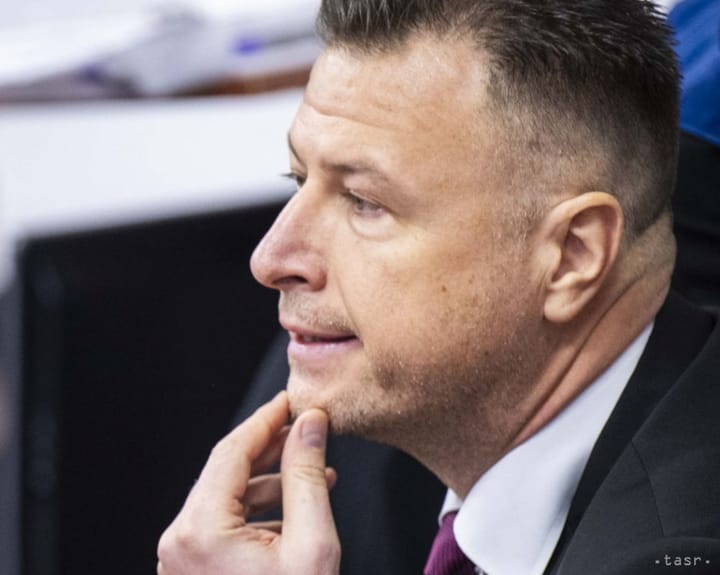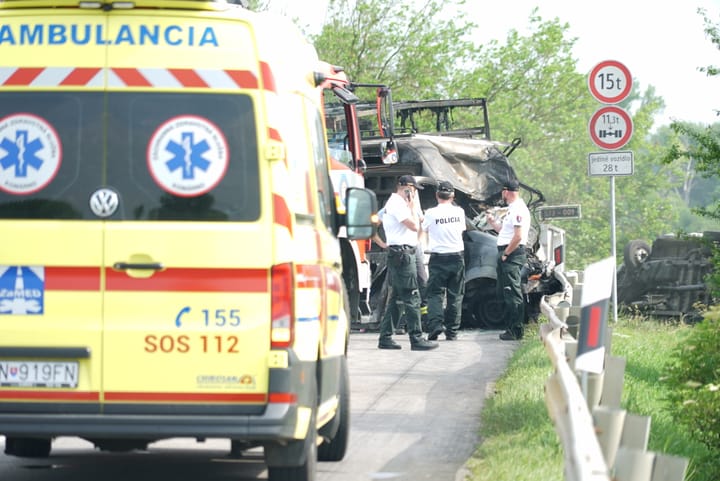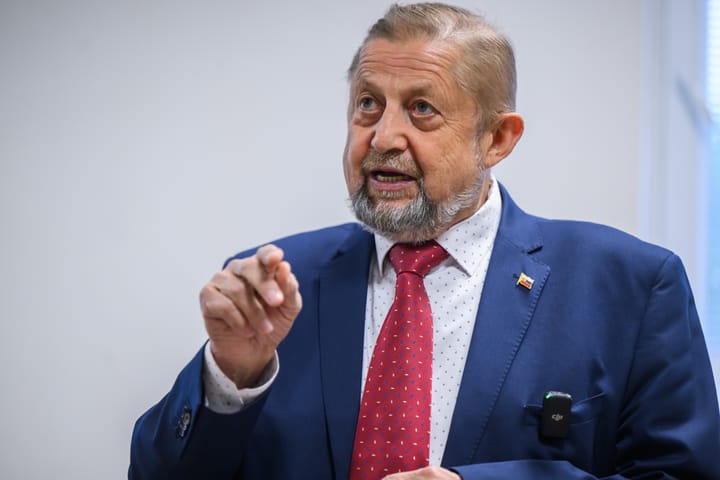EU Court of Justice Holds Hearing on Scrapped Meciar's Amnesties

Brussels/Luxembourg, May 6 (TASR-correspondent) – The Court of Justice of the European Union on Thursday held a hearing on the 1995 kidnapping of ex-president Michal Kovac’s son to Austria and on the decision of the Slovak parliament in March 2017 to scrap the amnesties for those suspected of this crime that were issued by then Slovak prime minister Vladimir Meciar in July 1998, TASR learnt from spokesman for the EU Court of Justice Balazs Lehoczki on the same day.
The case, labelled 203/20 AB & Others, will be dealt with by Advocate General at the Court of Justice Juliane Kokott.
“The advocate general will prepare a recommendation to the judges on this case. However, the Court isn’t bound by the advocate general’s suggestions, and the judges will issue a judgement later,” said Lehoczki when describing the situation. According to him, it isn’t yet known when the verdict could be handed down.
In a report to the media, the EU Court of Justice stated that under Slovak law, the halting of criminal proceedings in 1998 constituted a final court decision which led to the acquittal of the accused. The Luxembourg-based judicial institution added that in 2017, following a resolution of parliament on annulling the amnesties in question, the Slovak courts resumed criminal proceedings that were discontinued in 2002.
According to a press release of the EU Court of Justice, Bratislava III District Court, which is preparing to issue a European arrest warrant for at least one of the accused, has asked Luxembourg judges whether double jeopardy prevents the issuing of a European arrest warrant for an accused person who has already been acquitted of criminal charges.
The Slovak court also asked for an answer to the question as to whether – regardless of the European arrest warrant mechanism – the Slovak parliament’s resolution on scrapping the amnesties is in line with the no double jeopardy principle and the right to a fair trial guaranteed by the EU Charter of Fundamental Rights
am/df



